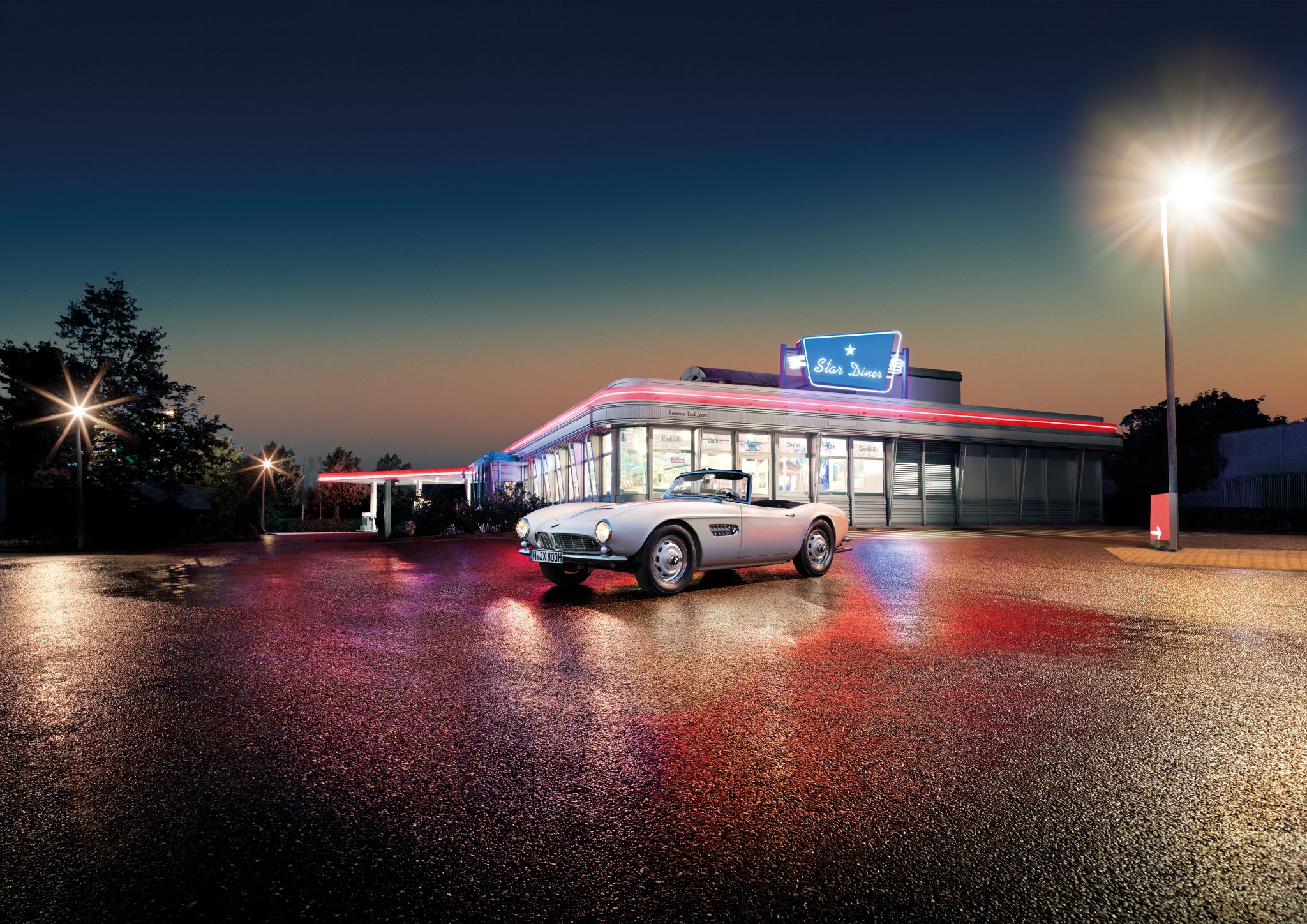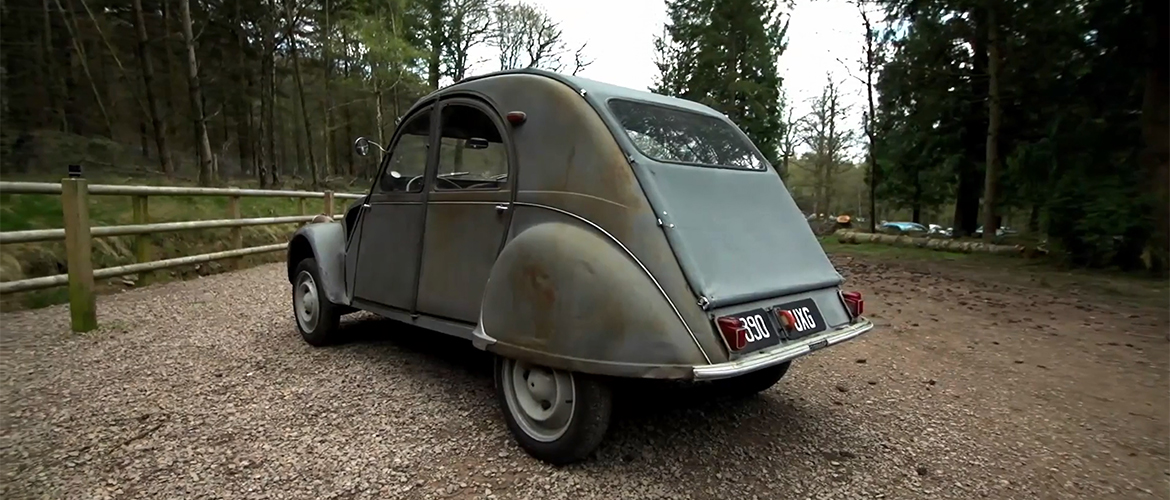People who own classic cars often treat these vehicles more like collectors’ items than actual cars. This is not to say that the cars are never driven. However, many classic car owners use their classics only sparingly, and instead prefer to have them mainly for show. For this reason, many of these owners do not actually have the proper insurance for their classic cars. After all, if you use a car only occasionally as a second vehicle, the need for insurance is not always apparent. However, particularly if your classic is of great value or significance to you, it does need to be insured. And, there are specific car insurance policies that can help you to get the perfect coverage for your classic vehicle.
In fact, when you look to insure your classic car, you can even go through a major insurance provider such as Aviva, which actually operates a sort of partnership with Towergate Classic Motor in order to provide insurance policies for classic car owners. Thanks to this partnership, you can gain access to a very convenient and thorough insurance policy that will protect your classic from a number of different potential damages and fees. Here are a few more specifics on classic car insurance.
With a company like Aviva, you will need to first define your classic car by the company’s standards. Because there is no universal definition for what constitutes a “classic,” you will need to make sure that your car meets the specified requirements to be designated as such. In this case, your vehicle will need to meet three requirements: it must be used as a second vehicle, it must have been made a minimum of 20 years ago, and it must be used for 7,500 miles per year or less. If your vehicle meets these requirements, it can be designated as a classic, and be eligible for classic car insurance.
Choose Your Coverage
Once you have had your vehicle approved for classic car insurance, you can set about choosing your specific coverage. Generally speaking, classic car insurance will cover basic damages to your vehicle, including those sustained at rallies or car shows. Additionally, you can have as a part of your insurance policy a thorough valuation of your classic car, which can certainly come in handy.
Again, it can be tempting to avoid insurance for a classic car, and even if you do purchase insurance it may be tempting to go with an ordinary policy. However, when you recall that there are companies that specialize in insurance offering specific policies for classic cars, it is certainly worth considering these policies. With the right car and the right insurance policy, you can have a classic that is perfectly covered against damages.
In association with Aviva




